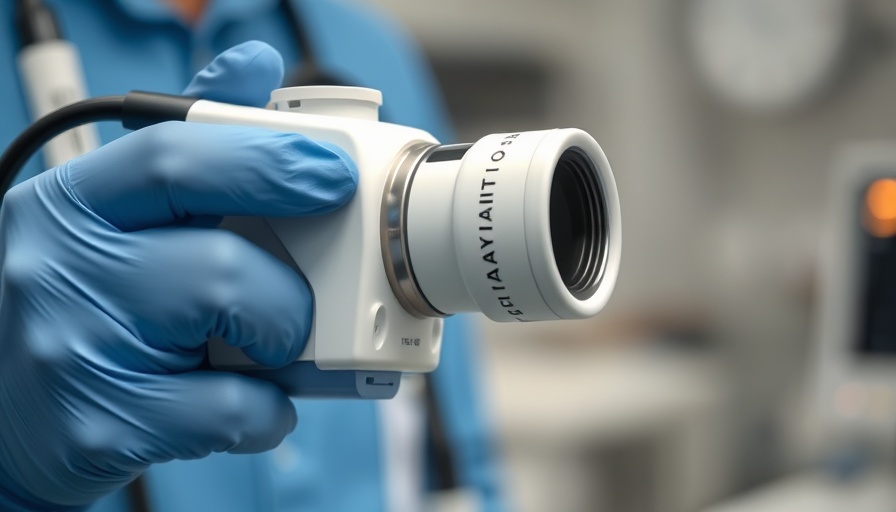
Why Clinical Pharmacy Services Are Essential for Modern Healthcare
In recent years, U.S. hospitals have increasingly recognized the importance of integrating clinical pharmacy services into their operations. The 2024 American Society of Health-System Pharmacists (ASHP) National Survey reveals that over 75% of hospitals now assign pharmacists to provide direct care to inpatients. This trend is particularly notable in medical-surgical units, critical care, oncology, cardiology, and emergency departments. Pharmacists are not just dispensers of medication anymore—they are an integral part of the healthcare team, contributing to better patient outcomes and safety.
Challenges Facing Hospital Pharmacy Departments
While the role of pharmacists is expanding, hospitals are facing significant workforce challenges. The ASHP survey indicates a stark contrast between the growing need for clinical services and the current staffing levels. Nearly 88% of hospitals reported shortages of experienced pharmacy technicians, with more than 92% highlighting a lack of sterile-compounding technicians. Nearly 60% are struggling to fill clinical pharmacy specialist roles, and shortages of entry-level technicians stand at about 64%. This scarcity can directly impact pharmacy profitability and, by extension, patient safety.
Implications for Independent Pharmacists and Clinics
For independent pharmacy owners and healthcare providers in community settings, these findings underscore the importance of proactive staffing strategies. As hospitals expand their reliance on clinical pharmacy services, independent practices must also adapt. Investing in practice automation, employee health benefits, and healthcare compliance can ensure clinics remain competitive. Utilizing tools aimed at optimizing practice revenue can help these smaller facilities thrive, attracting patients who are increasingly aware of the pharmacy's crucial role in direct patient care.
Innovative Solutions to Combat Staffing Shortages
To mitigate these staffing challenges, the healthcare industry is beginning to explore innovative solutions. For instance, remote therapeutic monitoring (RTM) programs and telehealth revenue streams offer ways for pharmacists and other providers to engage with patients remotely. By implementing patient engagement tools and voice AI agents, clinics can retain and engage more patients, ultimately easing the burden on hospital systems.
Future Trends in Hospital Pharmacy
Looking ahead, healthcare professionals should brace for a potential shift toward more AI-driven solutions in pharmacy operations. Tools that leverage healthcare automation and enhanced medical office workflow can significantly improve efficiency and reduce costs. As more facilities adopt these technologies, staying aware of Medicare-backed services and adjusting to new reimbursement models will be crucial.
The Importance of Staff Retention Strategies
Given the increasing demand for clinical pharmacy services, recruitment will not be enough; retention strategies are equally important. Effective healthcare HR strategies—including pre-tax benefit plans like FICA tax savings—can maximize employee satisfaction while optimizing clinic costs. When staff feel valued, patient care often improves, generating a more sustainable healthcare environment.
What This Means for the Future of Pharmacy
The landscape of pharmaceutical care is rapidly evolving. As clinical pharmacy services grow, the role of pharmacists within various healthcare settings will undoubtedly expand as well. By embracing innovative practices and focusing on staff retention, both independent and hospital pharmacies can optimize their contributions to patient care in a way that enhances pharmacy profitability while addressing the pressing challenges of workforce shortages. The future of clinical pharmacy services is here, and it beckons for practitioners ready to adapt and grow.
 Add Row
Add Row  Add
Add 




Write A Comment